Where WFTV led, technology needs to follow to attract women says Lisa Campbell
It is glamorous, full of excitable attendees and occasionally borders on the raucous. It can only be the Women in Film and TV Awards. There will be much to celebrate at Friday’s event, where 14 awards will be handed out to talented women, from drama producers to facility bosses.
WFTV has done much to raise the profile of women in the industry and provided role models in areas where women have been under-represented. But a new problem is emerging. The growth potential within digital is vast, as discussed in these pages this week, but it’s an area where women represent a tiny minority, and if problems within education are not addressed, the situation is set to worsen.
Absolute Radio recently hosted a Sound Women event to raise awareness of the lack of diversity in digital and interactive media. The company’s goal is to be a digital pioneer, but it was staggered at the cost – up to £400,000 for someone to build a product, just to enable it to go on to the Xbox. It was the first broadcast radio station in the world to do so last month, but that was thanks to an in-house development team who can now design, code and stream content across a host of devices.
As chief operating officer Clive Dickens pointed out, it’s set to be a continuing trend, but the lack of diversity among people with the core skills threatens to undo all the good work that’s been done in the broadcast sector.
Just 17% of the technology sector is female and that’s going down by 0.5% each year. The bulk of gamers are aged 25-45 and the gender split is almost even. Yet the proportion of women working in the gaming industry has fallen from 16% to 6% over the past 10 years. Fellow panellists pointed to several problems.
First, image: Claire Sutcliffe, who runs CodeClub, an organisation staffed by volunteers teaching children aged 9-11 how to programme computers, says if girls aren’t reached by this point, they believe that a tech career is only for male “pizza-guzzling nerds”. Add in a poor school curriculum that fails to bring alive the creative possibilities and it means few girls take up computing GCSEs.
Belinda Parmar, founder and chief executive of Lady Geek, believes women and employers have to address confidence issues, pointing to research that shows men will go for a job if they think they have 50% of the skills, whereas women think they need 90%.
BBC interactive radio boss Andrew Caspari acknowledges women can be put off by the more macho end of the industry but believes their presence would help challenge some behavioural norms. The need for female role models to help change perceptions was an overarching theme. “A lot of what we do is content production and presenting content… and yet we create this mystique… and we don’t create digital heroes,” concluded Caspari.
Time for another set of awards?
Lisa Campbell is editor of Broadcast


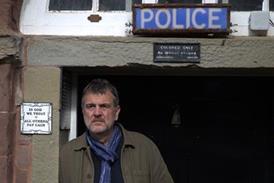





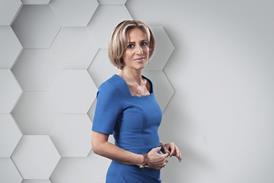

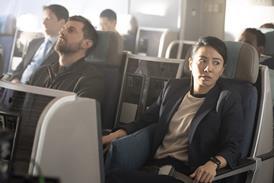


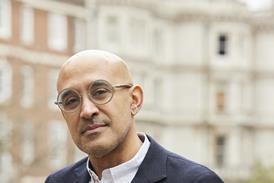
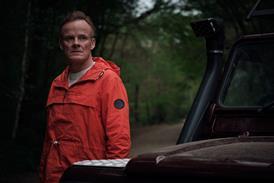
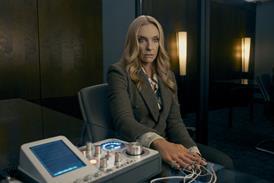

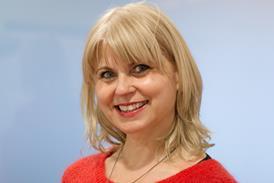
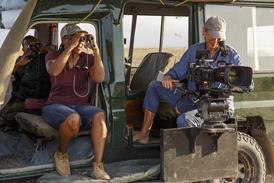
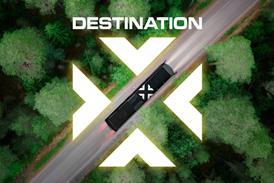

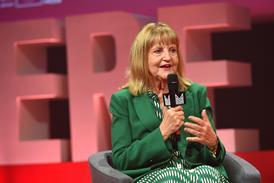



No comments yet